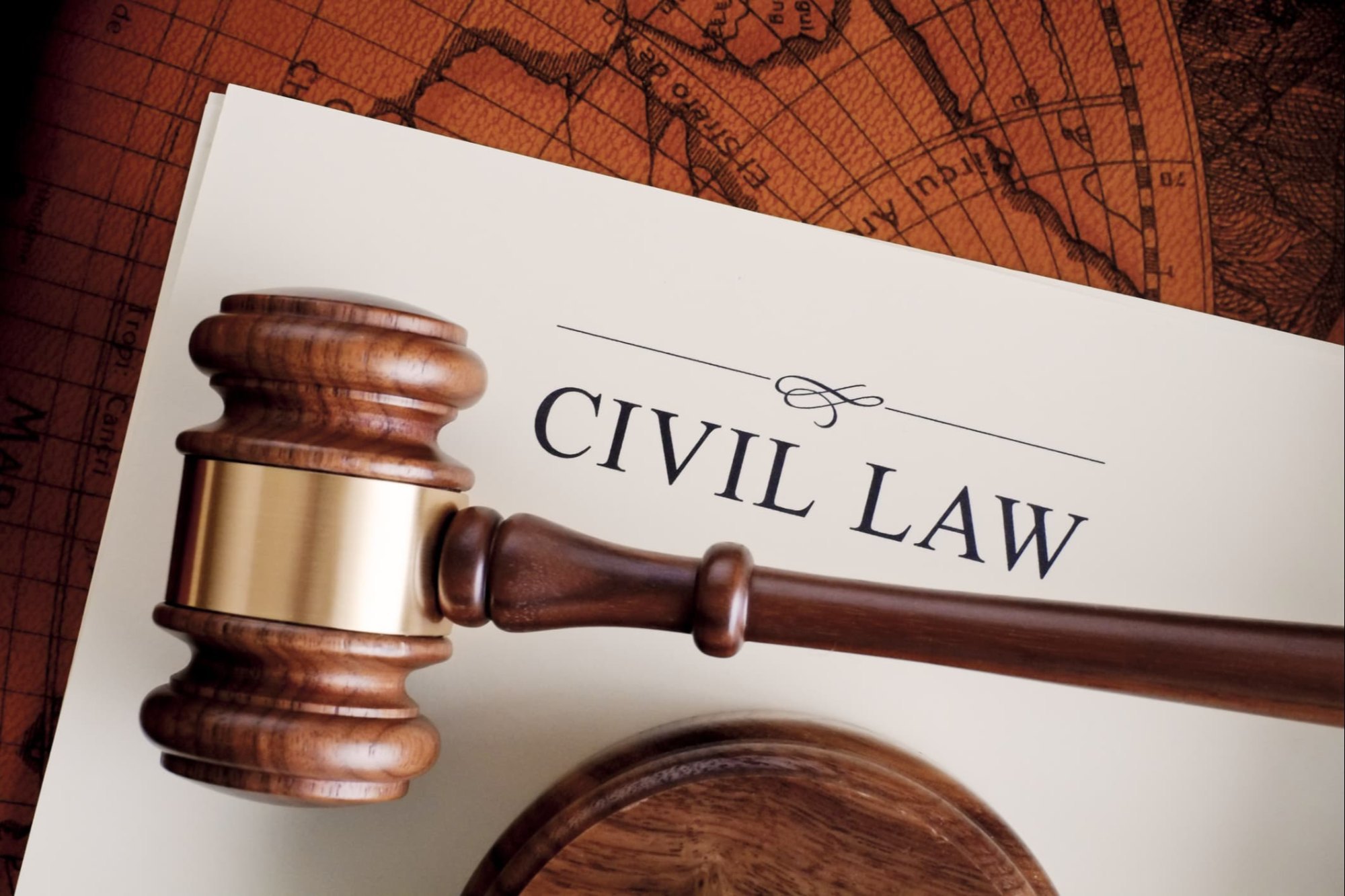Lawyers, or attorneys, are elemental for the effective operation of the civil justice system. In the realm of civil law, dealing with disputes between individuals, organizations, or entities without criminal charges, lawyers perform a wide array of functions. They are tasked with unraveling the intricacies of civil cases, all while upholding the tenets of justice, fairness, and the rule of law. Here we will delve into the assorted roles and obligations that lawyers undertake within the civil justice system.
Roles and obligations of lawyers
1. Legal Advocacy:
Your summary effectively highlights the crucial role of lawyers as legal advocates within the civil justice system. They are elemental in assuring legal counsel, and representation, and working diligently to build cases, present evidence, and make persuasive arguments on behalf of their clients, whether they are plaintiffs or defendants. This multifaceted role is instrumental in pursuing the best possible outcomes in civil cases.
2. Advisors and Counselors:
Lawyers serve as advisors and counselors to their clients. They help clients understand the legal implications of their actions or decisions and assure guidance on how to navigate complex legal situations. This advisory role extends beyond litigation to include matters like contract negotiations, estate planning, and business transactions.
3. Negotiators:
A significant portion of civil cases is resolved through negotiation and settlement rather than going to trial. Lawyers often act as negotiators on behalf of their clients, seeking mutually agreeable solutions that avoid the time, cost, and uncertainty of a trial. They use their knowledge of the law and their understanding of the client’s objectives to secure the best possible outcomes through negotiations.
4. Legal Researchers:
Lawyers conduct extensive legal research to build their cases, find relevant precedents, and interpret complex statutes and regulations. Their research skills are elemental for comprehending the legal landscape and crafting compelling legal arguments.
5. Mediators and Arbitrators:
Some lawyers specialize in alternative dispute resolution methods such as mediation and arbitration. In these roles, they facilitate the resolution of disputes outside the formal court system, helping parties reach mutually satisfactory agreements. Mediators and arbitrators ensure a fair and impartial process, which is essential for achieving justice.
6. Educators:
Lawyers frequently serve as educators to their clients, enlightening them about the legal process, potential case outcomes, and their legal rights and responsibilities. This educational role is elemental in empowering individuals to make informed decisions and fully comprehend the consequences of their legal actions. By assuring this knowledge, lawyers enable their clients to actively participate in their legal matters and contribute to the decision-making process.
Main themes you should consider with an attorney after an accident
1. Was the accident someone else’s fault?
As explained by Bengal Law online if the accident was caused by someone other than yourself, you may have a viable case for seeking compensation. However, if you were the driver responsible for the accident, recovering compensation might be more challenging. Establishing fault is a critical factor in personal injury claims, as it typically determines whether you can pursue a successful case for compensation.
2. Was there damage to your vehicle?
While property damage is not a mandatory requirement for a successful claim, any photos or evidence of car damage can be immensely helpful in supporting your case.
3. Did you receive medical treatment for your injuries?
Seeking immediate and ongoing medical treatment is a fundamental step in any successful car accident case. Obtaining a proper medical diagnosis for your injuries, maintaining records of medical treatment, and documenting treatment plans can be elemental in strengthening your claim for compensation. These medical records serve as critical evidence to support your case and ensure you receive the necessary financial support for your recovery.
How to find a reliable lawyer for the civil justice system?
Here are some steps to help you find a trustworthy attorney:
1. Identify Your Legal Needs:
To find the right lawyer, it’s essential to identify the specific area of law that your case falls under. Whether it’s related to personal injury, family law, estate planning, or any other field, understanding your legal needs is the first step in locating an attorney with the expertise and experience relevant to your situation. This assures you get the specialized legal support required for your case.
2. Seek Recommendations:
Ask for recommendations from friends, family, or colleagues who have had positive experiences with lawyers in the past. Personal referrals are often a reliable way to find reputable attorneys.
3. Interview Multiple Lawyers:
Don’t settle for the first lawyer you come across. Schedule consultations with several attorneys to discuss your case and get a sense of their qualifications, experience, and communication style. This will also aid you in comparing fees and services.
4. Assess Experience:
Experience is crucial when it comes to legal representation. Inquire about the lawyer’s experience in handling cases similar to yours and ask for references if possible.
